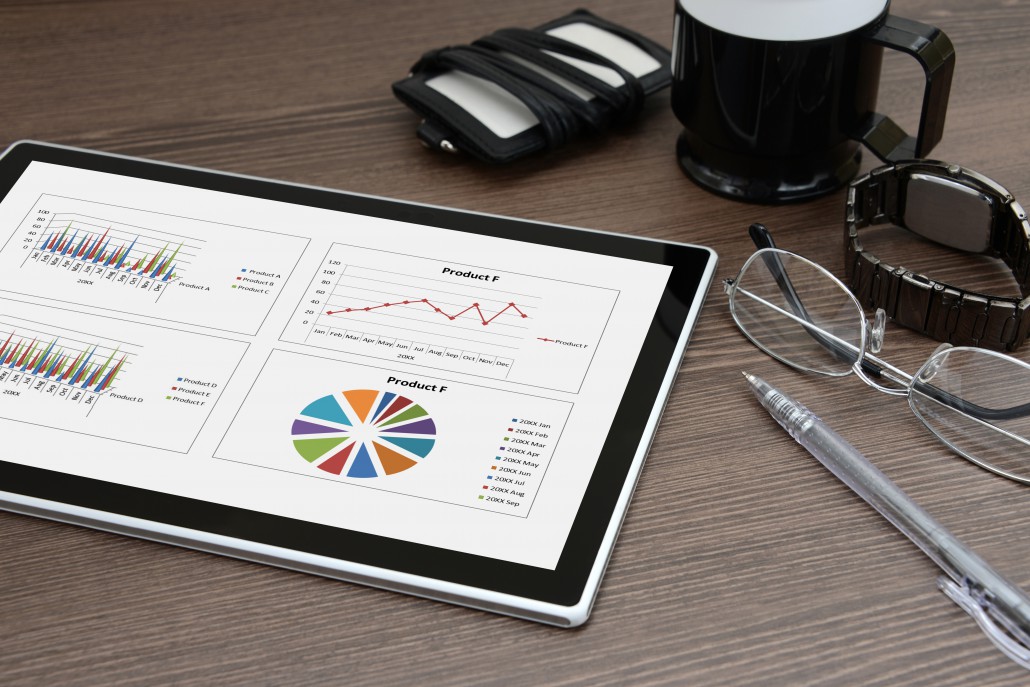Big Data literally means a lot of information. These are extremely large data sets that only computers may analyse. They reveal patterns, trends, and associations, especially relating to human behaviour and interactions.
The ‘tools’ this system offers
Big data includes problems involving large information sets that you can’t analyse individually. Therefore, it is used in many companies to get information that can help them run their operations better. The analytics requires the use of ‘tools’ as well as skilled data analytics specialists. The two go hand in hand. This is why you will need persons who understand the process as well as the tools to expose the secrets held within.
For example, a company like Facebook uses such tools to know more about you. Then it provides you with a feed that you find interesting. Another example is with Credit card companies. They use data feeds to analyse millions of transactions. This is used to find fraudulent or detect net suspicions patterns.
In conclusion, transaction speed is key to great customer experience. After all, nobody wants to wait longer than they need to for their favourite Café Latte, right?
The 4 key elements
The implication of such a system usually is that you have so much data that you can’t analyse all at once. The system has 4 key elements that define it. Velocity, Volume, Variety and Variability. These make today’s Big Data different from yesterday’s data analytics.
We have about 5 exabytes of data contained on the Internet today. While much of that may be videos of dogs doing funny things, the rest of the 3 petabytes contain valuable information. Therefore, this is why today’s system is different. Understanding it gives you an upper hand in everyday business decisions.
Some reasons why Big Data is important
- Planning and forecasting: If only we could understand what future trends would be! The system gives you this opportunity. With the information we have today we could somewhat predict the future trends. This can be a boon for investors and businesses.
- Problem Solving: It can be useful in solving problems that involve large info sets. Usually, because the data is too large, analyses usually have to be done on random segments. This allows models to be built and to compare against other parts of the data. The results can help understand situations better and solve any problem expected.
- Competitive advantage: Information is power, it will become the basis of competition between individual firms. This is an important function in the overall global economy. It also provides an essential factor of production. Many observers believe that the system is the new thing that will see some companies leapfrog others.



